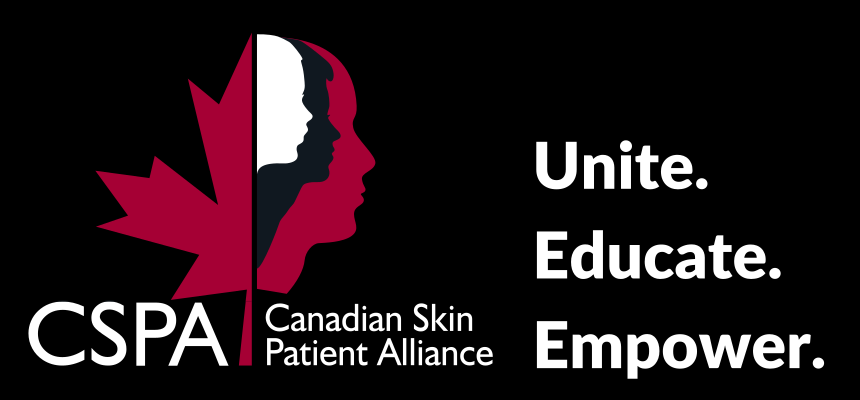Diagnosis and Treatment
CTCL-MF may be difficult to diagnose in its early stages, as the symptoms and skin biopsy findings are sometimes close to those of other skin conditions. For this reason, CTCL-MF is frequently misdiagnosed, and a person may have it for years before a definitive diagnosis is established. Your physician will examine your lymph nodes, take a skin biopsy, and can order various blood tests, including a test for Sézary cells. Other screening tests such as a chest x-ray or CT scan may be done, depending on your history. Both the clinical picture (based on your history and an examination) and the skin biopsy findings are essential for an accurate diagnosis.
Treatment of cutaneous lymphoma is specific to each person and depends on the symptoms and stage of the disease. Treatment can be directed at the skin, the entire body (systemic), or both. Become familiar with the different treatment options so you can discuss them with your doctor and find the best combination for you.
Skin treatments include:
- Ultraviolet light (PUVA, UVB, narrow-band UVB)
- Topical steroids
- Topical chemotherapies (nitrogen mustard, carmustine)
- Topical retinoids (derivatives of vitamin A)
- Local radiation to single lesions or total skin electron beam (TSEB)
Systemic treatments include:
- Oral retinoids
- Photopheresis (a type of treatment of the blood)
- Fusion proteins
- Interferon
- Systemic chemotherapy
To achieve the best long-term benefit, these treatments may be prescribed alone or in combination. Your doctor will choose the best form(s) of treatment for you. If you’re unsure of how a particular treatment works, ask your doctor for an explanation.
*All information on medical treatments on this site is provided as an overview only. For a complete and up-to-date list of side effects, warnings and precautions, read the product’s package insert and consult your doctor or a pharmacist.
**If you are considering an alternative or complementary therapy, discuss it with your doctor first, and always be sure to keep your doctor up to date about any vitamins, supplements, or other forms of alternative treatment you are taking. Like any medication, alternative therapies can interact with other medications/treatments and, in some cases, have side effects of their own. Remember that “natural” does not necessarily mean “safe.”











